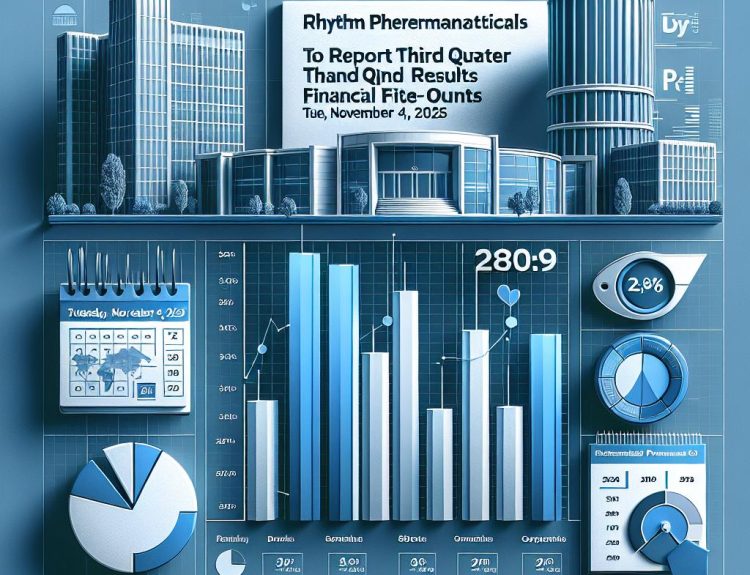Avalo Therapeutics has expanded its leadership bench, appointing Taylor Boyd as chief business officer and Ashley Ivanowicz as senior vice president of human resources, alongside inducement equity grants tied to the roles. The moves land as the company advances AVTX-009, a high-affinity IL-1β monoclonal antibody, through the LOTUS Phase 2 trial in hidradenitis suppurativa, with a mid-2026 data readout expected.
The timing is telling. A single-asset biotech adding a seasoned dealmaker and a scale-minded HR lead ahead of a pivotal clinical inflection often signals preparation for partnering, co-development, or a strategic transaction. The core question is whether an IL-1β mechanism can carve a durable position in a dermatology market that has recently welcomed new biologics and is resetting efficacy and access benchmarks. The answer will depend less on mechanism novelty than on differentiation against entrenched standards and clarity on which patients benefit most.
For patients and clinicians, an effective IL-1β inhibitor would broaden the HS toolkit beyond TNF and IL-17 pathways, potentially addressing treatment-resistant phenotypes characterized by neutrophilic and inflammasome-driven inflammation. Dermatologists will look for clinically meaningful improvements beyond HiSCR50, including higher-response thresholds, durable draining tunnel reduction, pain relief, and flare control. Safety will be scrutinized given the class’s immunomodulatory profile, and Medical Affairs will need to drive education on disease endotypes and appropriate patient selection to avoid indiscriminate cycling across biologics.
For payers, the bar has moved. Recent HS approvals have normalized biologic spend in this category, but they also heighten expectations for comparative performance and real-world durability. An IL-1β entrant will need evidence that extends beyond a clean Phase 2 signal—head-to-head or robust indirect comparisons, health resource utilization reductions, and pragmatic outcomes captured through registries or digital flare monitoring will matter. Early payer engagement on step edits relative to TNF and IL-17 agents, alongside a strategy for biomarker-enriched subgroups, could unlock a more favorable access curve and support premium positioning or streamlined prior authorization pathways.
Competition, Avalo is entering an immunology landscape where Big Pharma remains active in business development to replenish autoimmune portfolios. Dermatology has become a high-value beachhead for immunology franchises and a proving ground for pricing discipline. A credible Phase 2 outcome in HS could draw partner interest not only for HS but for broader IL-1β expansion, provided Avalo can outline a scalable development plan across adjacent indications and a manufacturing strategy that meets biologics cost and reliability expectations. Bringing in a CBO with transaction and licensing experience, plus HR leadership versed in rapid-growth biotech, aligns the organization for either a lean, asset-centric path to Phase 3 or a structured out-licensing model.
The broader trend is unmistakable: capital-efficient biotechs are building to pivot with tightly scoped pipelines, evidence plans oriented around payer-relevant endpoints, and leadership configured for optionality. Equity-heavy inducement packages reinforce cash conservation while aligning outcomes around clinical milestones. What comes next will hinge on how boldly Avalo leans into endotype-driven development and real-world evidence generation. If LOTUS delivers high-threshold responses with a clear safety profile, does the company monetize early through a partnership to accelerate a global HS program, or double down to run a pivotal on its own and pursue a broader IL-1β franchise across inflammatory conditions?
Jon Napitupulu is Director of Media Relations at The Clinical Trial Vanguard. Jon, a computer data scientist, focuses on the latest clinical trial industry news and trends.







